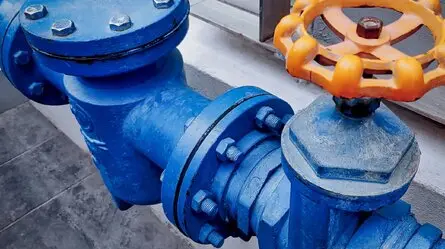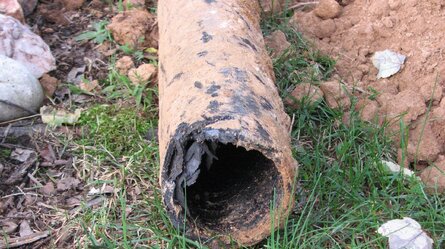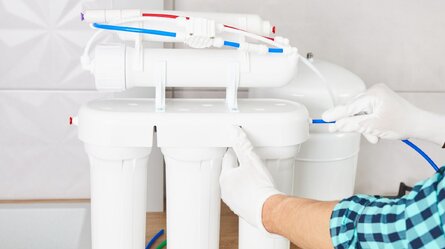Leak detection isn’t just a fancy term; it’s your first line of defence against wasting water, racking up hefty bills, and risking damage to your home or business. Whether dealing with a dripping tap at home or monitoring industrial pipelines, catching leaks early keeps things running smoothly and saves you from costly headaches. This blog post aims to comprehensively understand leak detection devices, their functionality, and their importance in various applications.
We will explore the different types of leak detectors available, their key features, and how they can help you identify and address leaks promptly. Whether you are a homeowner, a building manager, or an industry professional, this guide will equip you with the knowledge to make informed decisions about leak detection equipment and ensure the longevity of your systems.
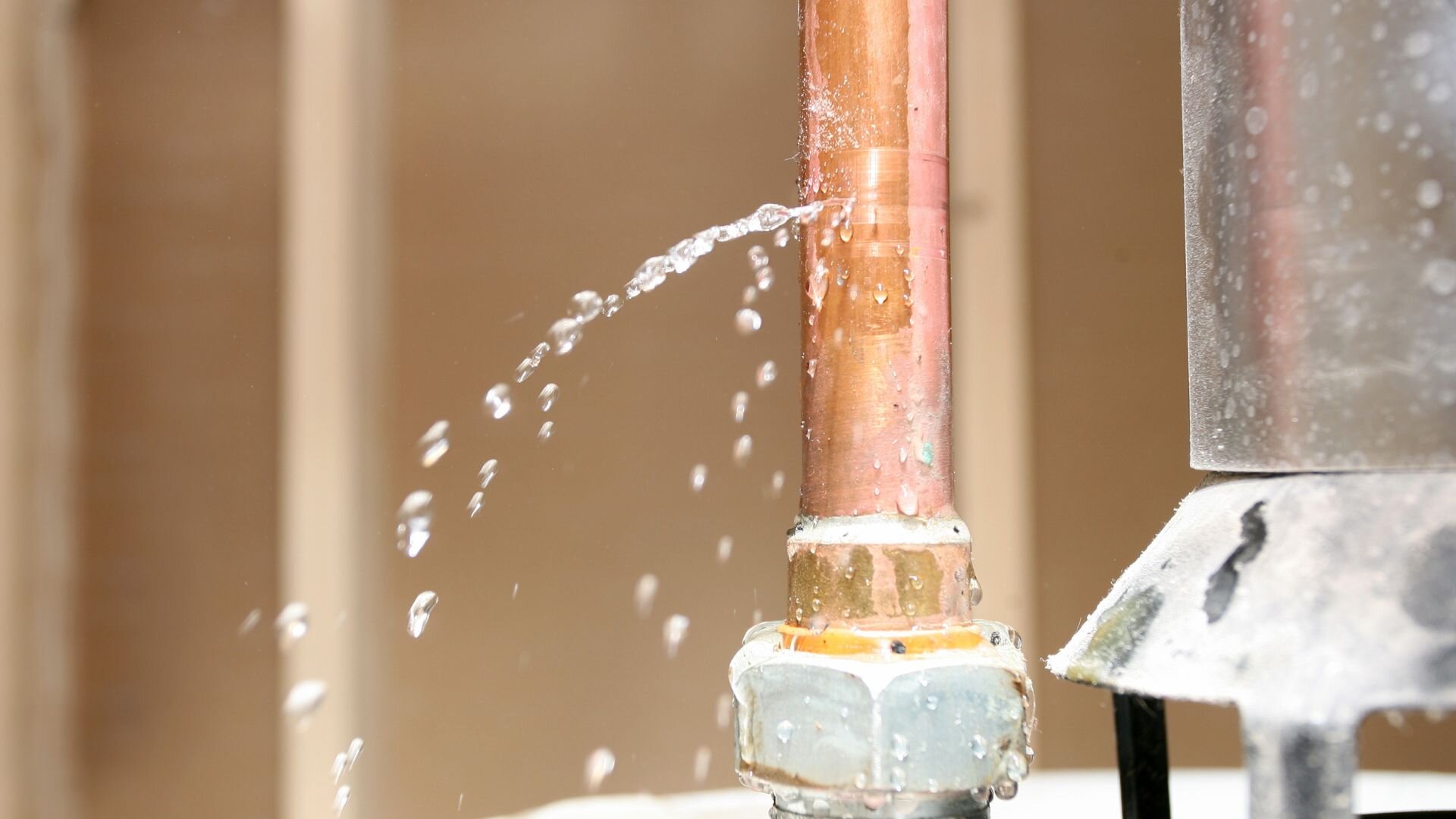
So, What Are Leak Detection Devices?
Leak detection devices are like the detectives of the plumbing world, designed to sniff out trouble in everything from household pipes to industrial systems. Whether it’s a dip in water pressure, an odd temperature change, or unexpected moisture, these clever tools use advanced tech to flag issues before they spiral out of control, saving water, money, and your property from unnecessary drama.
Types of Leak Detection Devices
Acoustic Leak Detectors
Think of acoustic leak detectors as the ears of plumbing. They listen for the sound of escaping water, even when it’s out of sight underground or behind walls. Perfect for finding leaks in hidden spots, they help tackle the problem without tearing everything apart.
Thermal Imaging Leak Detectors
Thermal imaging leak detectors use infrared technology to identify temperature variations caused by water leaks, making them ideal for detecting leaks in walls, ceilings, and roofs.
Moisture Detection Devices
Moisture detection devices are another type of leak detection equipment that can help identify the presence of water in areas where it shouldn’t be. These devices use sensors to detect changes in moisture levels, alerting users to potential leaks before they cause significant damage. Some advanced moisture detection devices can even distinguish between different types of liquids, ensuring accurate leak detection.
Smart Leak Detection Systems
Modern leak detection systems often incorporate smart technology, allowing for remote monitoring and real-time alerts when leaks are detected. These smart leak detectors can be connected to a building’s water supply, automatically shutting off the water when a leak is identified to prevent further damage.
By investing in top-notch leak detection gadgets and keeping a close eye on water usage, property owners and managers can safeguard their assets, cut costs, and do their bit for water conservation.
The Importance of Early Leak Detection
Ignoring leaks is like ignoring a small crack in a dam – it won’t stay small for long. Left unchecked, leaks can wreak havoc, from water damage and mouldy walls to health hazards for anyone living or working in the space. Spotting leaks early is a no-brainer for keeping your property safe and sound.
Ongoing leaks can really mess with a building’s structural integrity, leading to expensive repairs and safety worries. Plus, sneaky leaks can hike up your water bills, wasting a lot of water over time.
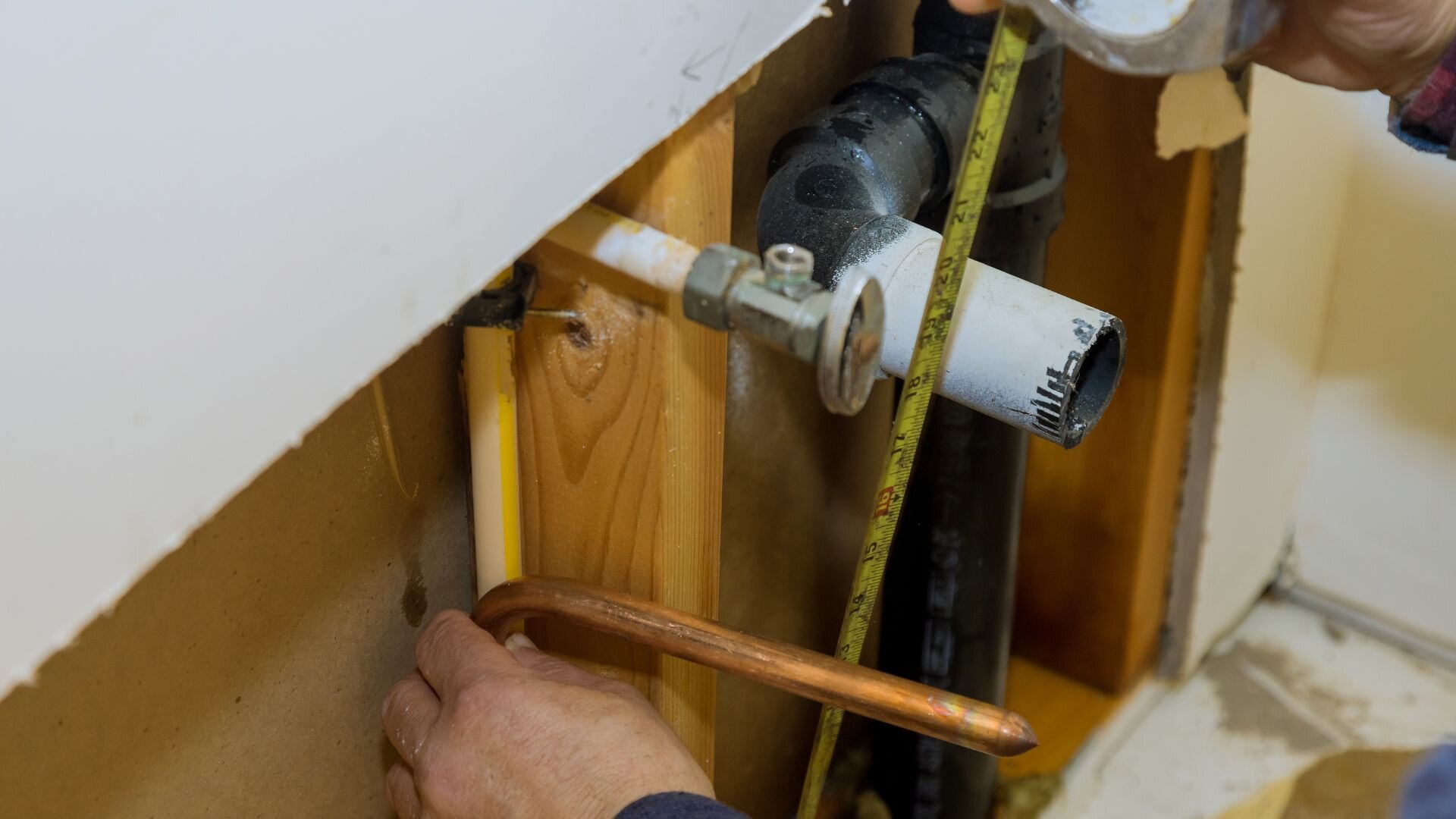
Benefits of Early Leak Detection
Spotting leaks early doesn’t just save your property from a soggy mess – it saves your wallet, too. With the right leak detection system, you can catch problems before they snowball, fix them quickly, and dodge the hefty repair bills that come with water damage. Detecting leaks early also means that repairs can be carried out more efficiently, often at a lower cost than addressing the issue after significant damage.
In addition, early leak detection plays a crucial role in conserving water, a valuable resource often taken for granted. A single leaking tap or pipe can waste thousands of litres of water annually, contributing to unnecessary water consumption and higher utility bills.
Employing leak detectors and regularly monitoring water usage can help identify leaks quickly and ensure the water supply is used efficiently and sustainably. Investing in reliable leak detection equipment and staying vigilant for signs of leaks can save property owners money, protect their assets, and contribute to environmental conservation efforts.
Applications of Leak Detection Devices
Leak detection devices are essential for maintaining plumbing systems’ integrity and efficiency in residential and commercial properties. They can detect leaks in pipes, fittings, and fixtures, helping to prevent water wastage and potential damage.
Acoustic leak detectors are handy for identifying the location of hidden leaks in walls, floors, or ceilings. They can pinpoint the source of the leak based on the sound of escaping water. Thermal imaging leak detectors can also be employed to locate leaks in plumbing systems, as they can detect temperature variations caused by water leaks.
Spotting and fixing plumbing leaks in good time can help property owners save on water bills while preventing expensive damage to the building’s structure.
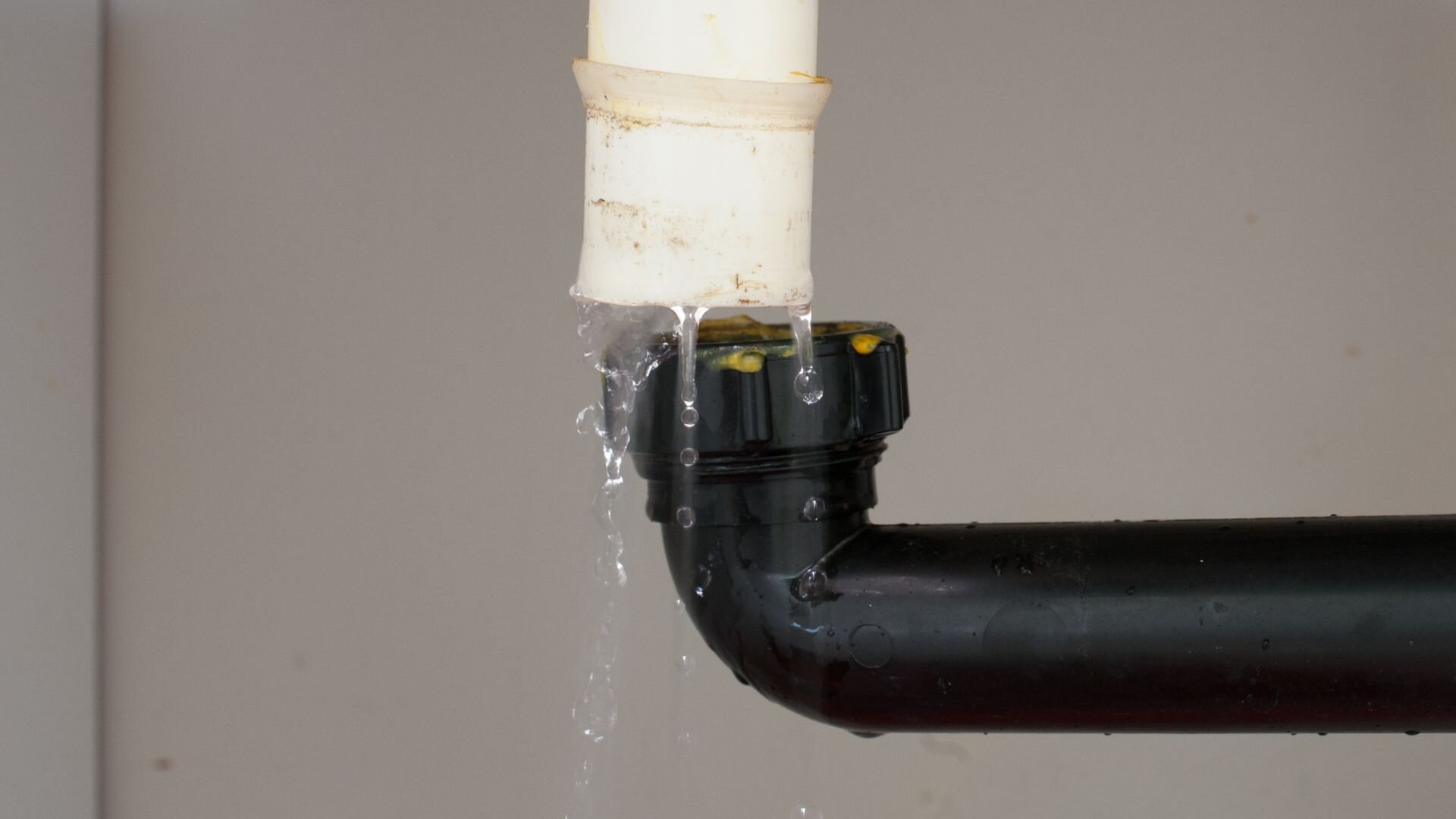
Roofing and Building Maintenance
Roof and wall leaks are sneaky troublemakers. A tiny trickle today can mean major damage tomorrow, from weakened walls to a mouldy mess. Leak detection devices help you stay ahead of the game, spotting water where it shouldn’t be and keeping your building in tip-top shape. Moisture detection devices can identify the presence of water in these areas, allowing for early intervention and repair.
Thermal imaging leak detectors are also valuable tools for locating roof leaks, as they can detect temperature differences caused by water intrusion. Regularly inspecting roofs and buildings using leak detection equipment can help prevent water damage, extend the structure’s life, and ensure a safe and healthy environment for occupants.
Industrial and Commercial Settings
In industrial and commercial settings, leak detection systems are critical for monitoring pipelines, storage tanks, and water distribution systems. These systems often incorporate a combination of leak detectors, such as acoustic sensors, pressure transducers, and flow meters, to detect leaks and monitor water usage. Detecting leaks in industrial pipelines and storage tanks is essential for preventing contamination, minimising product loss, and ensuring compliance with environmental regulations.
In water distribution systems, leak detection devices help identify leaks in underground pipes, reducing water loss and preventing damage to surrounding infrastructure. Advanced leak detection systems can quickly detect and address burst pipes, minimising disruption to operations and reducing repair costs. Implementing comprehensive leak detection solutions in industrial and commercial settings can improve operational efficiency, reduce water consumption, and contribute to environmental sustainability efforts.
Choosing the Right Leak Detector
Not all leaks are created equal, and neither are detectors. Whether it’s a pipe in the wall, a crack in the roof, or an industrial tank, your choice of leak detection device should match the job. The right tool makes all the difference in finding and fixing the problem fast.
For example, acoustic leak detectors are ideal for locating leaks in pipes, while thermal imaging devices are better suited for detecting leaks in walls, ceilings, and roofs.
When picking a leak detector, it’s important to consider the system’s size and complexity. Larger, more intricate systems might need advanced equipment to do the job right.
Accuracy and sensitivity requirements are another essential consideration when selecting a leak detection device. High-quality devices offer superior accuracy and sensitivity, enabling users to pinpoint the exact location of a leak and detect even the smallest water flows. This is particularly important in situations where a broken pipe or a plumbing leak can wreak havoc on a building’s structure or cause significant water damage.
Professional-Grade vs. DIY Leak Detection Devices
Wondering if you should go DIY or call in the big guns? DIY leak detectors are great for smaller jobs and easy fixes, but professional-grade devices pack more punch for complex systems. Just remember that the fancier the gadget, the more know-how you’ll need to use it. Professional-grade leak detection systems often offer more advanced features and higher accuracy but may require specialised training to use correctly. On the other hand, DIY leak detectors are generally more user-friendly and accessible to a broader range of users, making them suitable for smaller-scale applications or less complex systems.
The Importance of Proper Training and Expertise
Regardless of the type of leak detection device chosen, proper training and expertise are essential for accurate and efficient leak detection. Understanding how to interpret the data provided by the device, identify the water’s point of origin, and differentiate between normal water pressure fluctuations and potential leaks is crucial for effective leak detection.
Professionals with experience in leak detection can provide valuable insights and guidance, ensuring that the correct device is selected for the job and that leaks are identified and addressed promptly. Investing in training and partnering with experienced professionals can save time, money, and resources by preventing costly water damage and ensuring the longevity of plumbing systems, water heaters, and other critical infrastructure.
Using Leak Detection Devices Effectively
Following best practices for operation and maintenance is essential to ensure the effective use of leak detection devices. Adhering to manufacturer guidelines is crucial, as these provide specific instructions for the device’s proper use, care, and storage. Regular maintenance and calibration of leak detection equipment are also essential to maintain accuracy and reliability. Neglecting to maintain or calibrate a leak detection system properly can lead to false readings or missed leaks, resulting in potential water and property damage.
Accurately interpreting the results provided by a leak detection device is vital for identifying and addressing leaks effectively. Leak detection devices can help pinpoint the location and severity of a water leak, enabling users to determine the appropriate course of action.
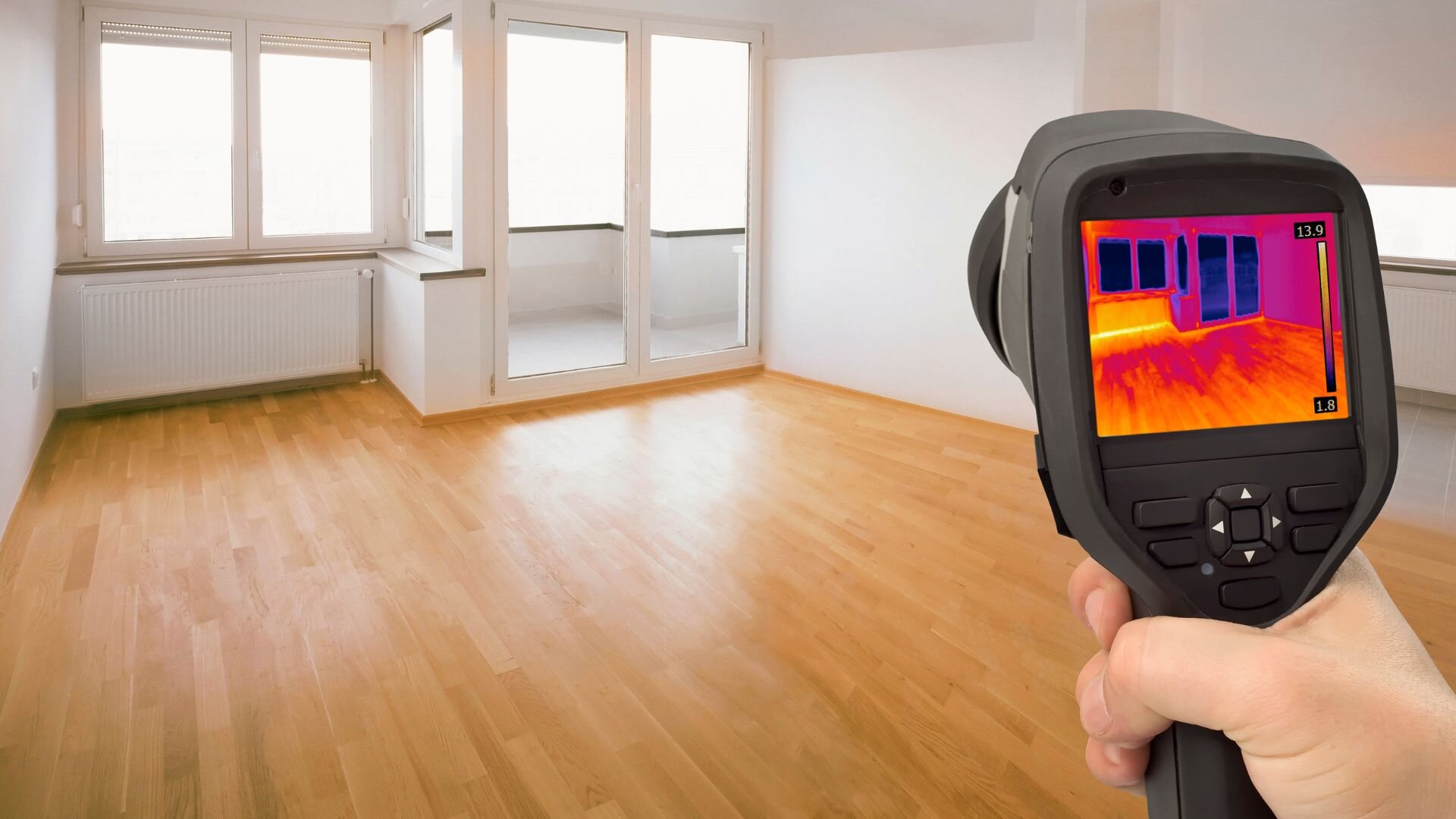
However, when interpreting leak detection results, it is essential to consider factors such as the type of leak, its location, and its potential impact on the surrounding area. For example, a small leak in an easily accessible location may require a simple repair. In contrast, a larger leak in a hidden area may necessitate more extensive investigation and remediation to prevent damage to the entire home.
While leak detection devices are valuable tools for identifying leaks, there are situations where the expertise of professional leak detection services is necessary. Professional services have the knowledge, experience, and advanced equipment to locate and assess leaks accurately, particularly in complex systems or hard-to-reach areas.
They can also provide guidance on the most appropriate action to take to address the leak, taking into account factors such as the severity of the leak, the potential for water damage, and the overall impact on the property. Professional leak detection services can save time and money by ensuring that leaks are identified and addressed promptly and effectively, minimising the risk of costly repairs and property damage in the long run.
The Future of Leak Detection Technology
The future of leak detection technology is promising, with advancements in smart and connected devices that can revolutionise how leaks are identified and addressed. The integration of Internet of Things (IoT) and Artificial Intelligence (AI) technologies into leak detection systems will enable real-time monitoring, predictive maintenance, and automated alerts, empowering property owners to take proactive measures against potential leaks.
Emerging trends and innovations, such as non-invasive sensing technologies, drones for remote inspections, and advanced data analytics, will further enhance the accuracy and efficiency of leak detection processes. As these technologies continue to evolve, they will play an increasingly crucial role in promoting water conservation, reducing property damage, and ensuring the longevity of critical infrastructure.
Don’t Let Leaks Drain Your Resources
Leak detection devices are essential tools for protecting your property, saving money, and conserving water. Taking proactive measures against leaks can prevent costly damage, mould growth, and structural issues. Woolf Plumbing and Gas, a trusted name in Australia’s leak detection and repair services, is here to help you safeguard your home or business.
Our experienced professionals use state-of-the-art leak detection equipment and techniques to accurately identify and address leaks, ensuring your peace of mind. Don’t let leaks drain your resources; contact Woolf Plumbing and Gas today for expert assistance and reliable solutions tailored to your needs.


